Muskmelon/Kharbooja - Health benefits, application, chemical constituents, side effects and many more
Muskmelon/Kharbooja
Muskmelon (Cucumis melo) is most consumable fruit throughout the world due to nice taste, flavor, texture, and beneficial effect on human health. It has 4th position in fresh fruit market and good source of nutrients having various varieties..
It shows antimicrobial, antioxidant, anti-hyperlipidemic, anti-inflammatory, analgesic, diuretic, thyroid stimulatory, anthelmintic¸ nephroprotective and cytotoxic properties.
Click here for more information about Antioxidants and Free radicals
It has different names in different languages such as English Name(Melon, Muskmelon, Cantaloupe, Honeydew, Sugar melon), Marathi Name(Chibunda, Tarkaddi, kharbuz), Hindi Name(Kharbooja, kharbuja, Kharbooza), Bengali Name(Kharmuj), Gujarati Name(Tarbucha, Taliyabhimada, Kharbuja, Teti, Chibdu, Shakarateli), Telugu Name(Kharbooj), Tamil Name(Thumattikai), Kannada Name(Budame Kayi), Konkanni Name(Chibdin, Chibdud), Urdu Name(Kharbooza).
Chemical constituents
- Muskmelon provides almost all the fat- and water-soluble vitamins except vitamin D and E. Content of ascorbic acid is more than 40 mg/100 g of fresh weight. Additionally, muskmelon also contains vitamin B1, B3, and B6, which makes it a special fruit compared to others. Muskmelon and other melon fruits are also rich in folate which is also known as vitamin B9. It is a very important vitamin that is essential for maintaining good health and a higher supplement is essential during pregnancy and for the prevention of macular degeneration. Muskmelon also contains vitamin K, which plays a vital role in blood clotting and this makes the fruit very useful in the prevention of cardiovascular diseases. Although muskmelon does not contain vitamin A as such, the content of provitamin A, carotenoid, is high in most of the yellow- and orange-fleshed fruits. In addition to α- and β-carotene, melon fruits are also good sources of cryptoxanthin, lutein, and zeaxanthin. A small quantity of vitamin E is also present in muskmelon flesh and a higher content of tocopherol is found in seeds.
- It has minerals such as Calcium, Iron, Magnesium, Phosphorous, Potassium, Sodium, Zinc, Copper, Manganese, Selenium.
- Muskmelon provides most of the essential amino acids required for normal functioning, which includes glutamic acid, alanine, aspartic acid in major concentrations, and arginine, glycine, lysine, and proline in lower concentrations. Cysteine and tryptophan were not detected in the muskmelon.
- The seed contains between 12.5 - 39.1% oil.
- The phytoconstituents from various parts of the plant include β-carotenes, apocaretenoids, ascorbic acid, flavonoids, terpenoids, chromone derivatives, carbohydrates, amino acids, fatty acids, phospholipids, glycolipids, volatile components and various minerals.
- The unique aroma of melons is composed of many volatile compounds, biosynthetically derived from fatty acids, carotenoids, amino acids, and terpenes.
- High antioxidant activity was observed in the leaf and stem extracts of muskmelon.
Properties and Benefits
- Taste – sweet
- Virya (potency) – cold (shitala)
- Mutrala – diuretic
- Balya – improves strengths
- Kostashudikaram – cleanses the alimentary tract
- Guru – heavy for digestion
- Snigdha – unctuous
- Vrshya – aphrodisiac
- Effect on Tridoshas – Balances Vatta & Pitta dosha but Increases Kapha
- Click here for more information about Tridosha (vata-Kapha-Pitta)
Uses, Remedies, Benefits and Application
1) The seed oil is used as a humectant and skin conditioner in commercial cosmetic preparations.
2) Muskmelon roots are diuretic and induces vomiting.
3) Fruit pulp is employed as a lotion for chronic and acute eczema.
4) The fruit can be used as a cooling agent, cleansing agent or moisturiser for the skin.
5) Muskmelon seed powder mixed with water is used as a remedy in intestinal worms.
6) Its leaves are used to treat scrotal hernia.
7) Fruit pulp is used for application in acute and chronic eczema.
8) The seed kernels are used as a dressing for breads, cakes, confectionary and snack foods, often instead of almonds and pistachios.
9) Musk melon seeds can be substituted as an alternative to soybean for milk preparation.
10) Musk melon is applied for removing tan and freckles.
11) Muskmelon Flowers are cold in potency and used in chronic eczema.
12) In recent years, the seed kernels have been used as the basis for a number of soups and stews where they act as a thickening, emulsifying, fat binding and flavouring agents.
13) Muskmelon Flowers are also considered as expectorant and induces vomiting.
14) Seeds of muskmelon are cold in potency, diuretic and strengthening.
15) Muskmelon seed is used as a remedy in painful and difficulty in urination.
16) Seeds yield edible oil.
17) Seeds possess antitussive, antipyretic, antihelminthic and digestive properties.
18) Seed powder is mixed with water and used as a vermifuge.
19) Fruit is eaten fresh or made salads or as a dessert.
20) It is a beneficial summer fruit as it has cooling and diuretic properties that help to keep the body hydrated as well as eliminate toxins from the body.
21) Seed kernels are used in soups and stews as a thickening, emulsifying, fat binding and flavouring agent.
22) Muskmelon helps correct constipation due to its high fibre content and Vata balancing property.
23) Seed kernels are used as dressing for breads, cakes, confectionery and snack foods.
24) Seeds substituted as a alternative to soyabean for milk preparation.
25) Muskmelon is one of the best fruits in summer. It has high water content and fulfills the minimum requirement of water in the body. It gives a cooling effect and reduces body heat. Muskmelon also helps reduce weakness.
26) Applying grated Muskmelon helps to reduce burning sensation and heal burn skin due to its cold and healing properties.
27) The flesh of the fruit can be dried, ground into a powder and used with cereals when making bread, biscuits etc.
28) Muskmelon helps in controlling wrinkles due to its Vata balancing and Antioxidant property. It also increases moisture content in the skin because of its Snigdha (oily) nature.
If you want to give more suggestion in this, then comment us, we will replay your comment.
If you like this post, then share it and follow us on Instagram (@healthyeats793) and many thanks for coming to our site Healthy eatskeep visiting
Follow us
3) Facebook
4) Pinterest
🙏🙏Subscribe and share for latest updates 🙏🙏
More posts from our site
- Click here for more information about Tamarind
- Click here for more information about Nutmeg (Jaiphal)
- Click here for more information about Viruddha aahra
- Click here for more information about Jambul (java phalam)
- Click here for more information about Marking nut (bibba)
- Click here for more Home remedies of Nirgundi
- Click here for more information about saffron
- Click here for more information about Elephant foot/Yam
- Click here for more information about Watermelon 🍉🍉
- Click here for more information about Jackfruit/phanus
- Click here for more information about summer care ☀️
- Click here for more information about Tamarind
References:
- Bhavaprakasha Nighantu
- INTERNATIONAL RESEARCH JOURNAL OF PHARMACY 2 (8) 2011 52-57
- Evidence-Based Complementary and Alternative Medicine | Volume 2018 | Article ID 8159261
- Foods. 2019 Jun; 8(6): 196. Published online 2019 Jun 6. PMCID: PMC6617032
- Book : Nutritional Composition and Antioxidant Properties of Fruits and Vegetables
- Food Sci Nutr. 2019 Oct; 7(10): 3253–3260. Published online 2019 Aug 30. PMCID: PMC6804771
- 3 Biotech. 2017 May; 7(1): 66. Published online 2017 Apr 27. PMCID: PMC5428089
- European Journal of Pharmaceutical and Medical Research ; 2020,7(2), 607-614
- JOURNAL OF HORTICULTURAL SCIENCE AND BIOTECHNOLOGY
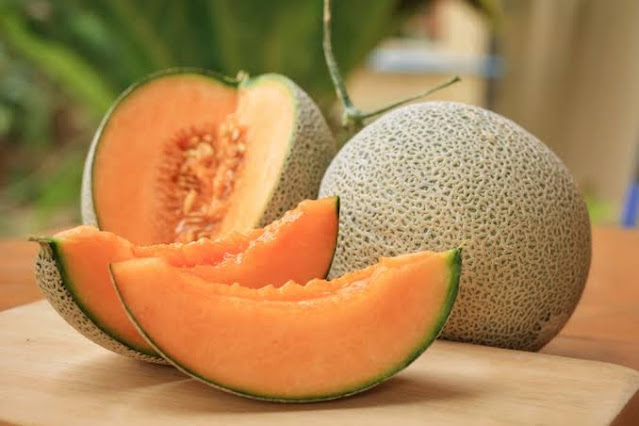
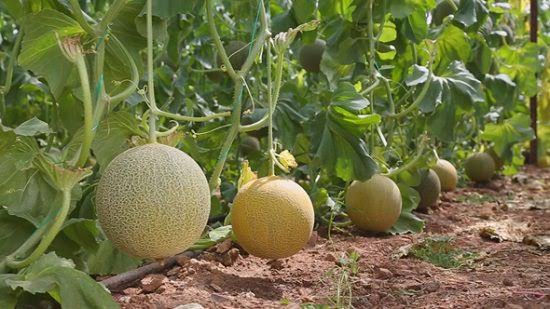

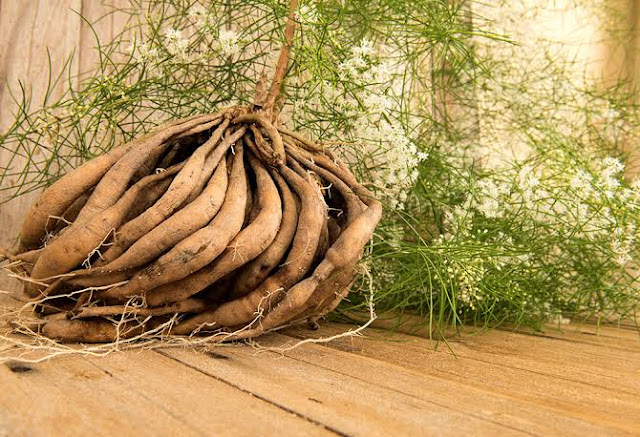
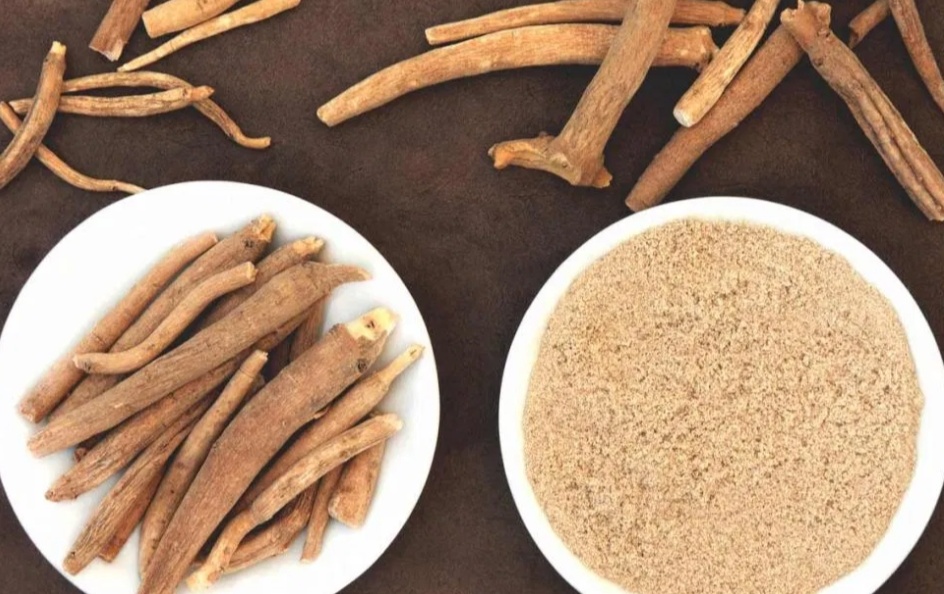

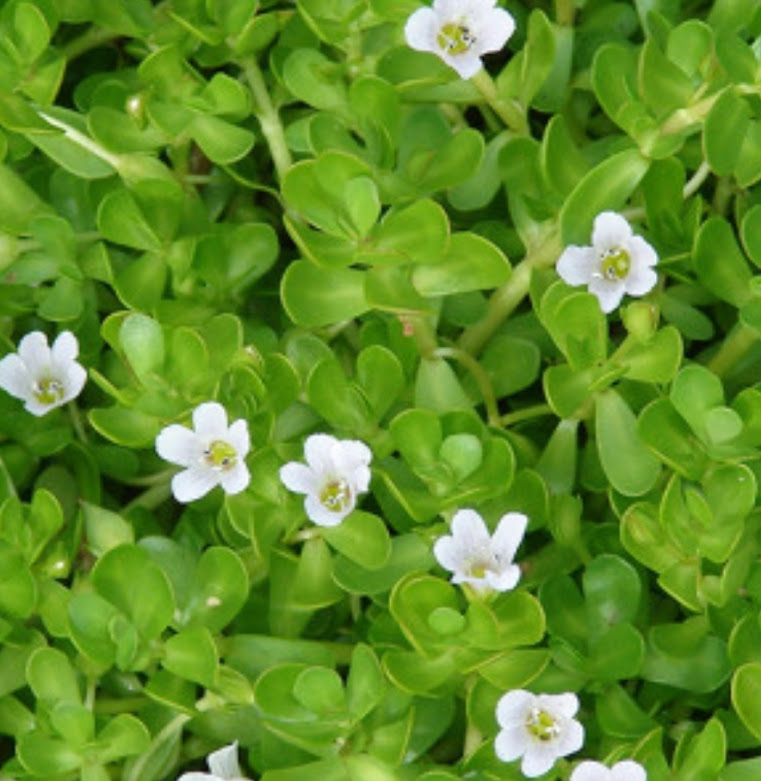

Great work 💯
ReplyDelete